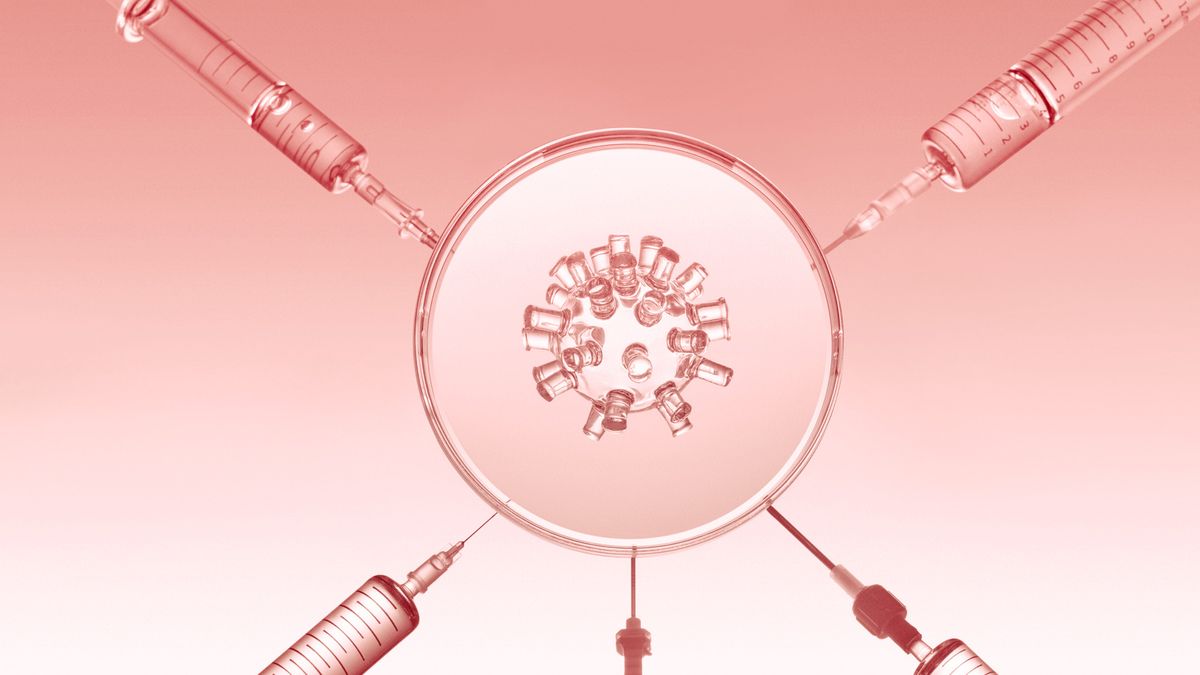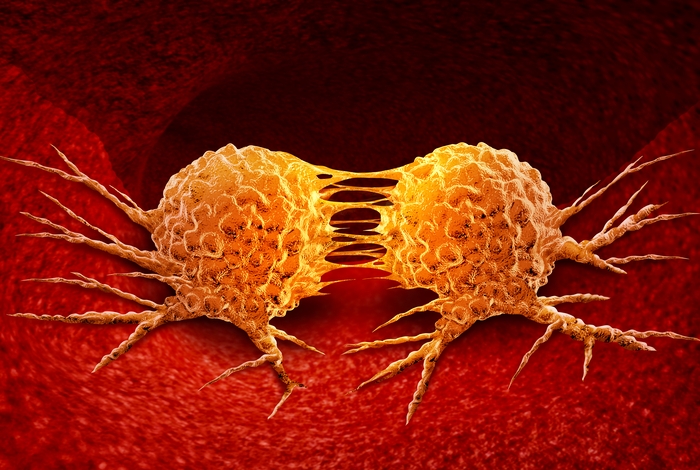Cervical cancer kills 500,000 people every year, fear is not checked in time
Everyone has a mother, sister-in-law, brother-in-law in their house. They may have looked healthy. However, in reality, they are always at risk of a fatal disease. That is - cervical cancer. Every woman between 30 and 60 years of age is at risk of this disease.
Women who are married at a young age, have many children, have sexual relations with many people, and take family planning pills for a long time are at high risk of cervical cancer. Women who have sex only once in their life are equally at risk of this disease.
Because of this danger, it is in the first place among the cancers that occur in women. After this disease, the treatment is expensive and complicated. "That's why it's better not to get sick", said Dr. Sarita Ghimire says, 'And, that can be done easily.'
Expert experience
Gynecologist and oncologist Sarita Ghimire, who has permanent residence in Ramechhap, is an MBBS and MD from the Institute of Medical Studies (IOM).
When he got his MD in 2004 in Gynecology and Obstetrics, cancer hospitals were just starting to open in Nepal. Along with this, the number of cancer patients was increasing rapidly.
Dr. is looking at that situation. Ghimire went to Bharatpur Cancer Hospital and took special training related to cancer. After that, she also went to Pakistan and UK for specialist training. Since then, it has been 15 years since he worked in the prevention of cervical cancer.
Dr. is currently working as a chief consultant at Talchikhel Cancer Care Foundation in Lalitpur. Ghimire's emphasis is on early disease detection. For this purpose, she reaches district after district to raise public awareness. In his experience, 6 to 8 out of 100 people who come to the hospital for cervical check-up have already reached the transition stage of cancer. Dr. Ghimire says, 'This data shows the benefits of raising public awareness.'
When she joined Bhaktapur Cancer Hospital, she became more active in running camps in the districts. In those camps, information was given about various cancers including cervical cancer, breast cancer. Women have more cervical cancer, but since it can be prevented, the number of people who come to the hospital for examination has increased. There is an experience of wandering. And, it has given him professional satisfaction.
In the camps, she used to keep scary photos, afraid to go to the hospital for an examination. It is human nature not to take anything seriously and not to change habits until fear arises in the mind, Dr. Ghimire says, 'which will become fatal itself tomorrow.'
According to him, around 528,000 women in the world suffer from cervical cancer every year. What is the situation in Nepal? "In Nepal, 20-22 percent of women who come to the hospital for cancer treatment suffer from cervical cancer", Dr. Ghimire says, 'Detailed study is yet to be done on this.'
There are no symptoms at first
After the cancer of the cervix has increased a lot, foul-smelling and blood-tinged water starts to flow. The appearance of blood even when there is no menstruation or the appearance of blood again in women who have dried up their periods is also a sign of cervical cancer. When this cancer spreads a lot, it causes bloating, leg swelling, waist and back pain, and problems with defecation and urination.
To avoid this, women who have reached the age of 30 and who have had sex, even if it is only once in their life, should be examined by a trained health worker at least once every three to five years. Ghimire suggests. She says, 'Women who have dry periods and who have undergone surgery due to the possibility of cancer should also undergo regular examination of the uterus.'
During the examination, the health workers put medicine in the mouth of the uterus and check the visual inspection with acetic acid (VREA). Earlier, Pap Smear Test (PST) was used to detect the presence of cancer infection in the mouth of the cervix or not. VREA is more of a scientific method than that.
Infection can be prevented if known
Cervical cancer is caused by infection with a virus called human papilloma. This virus takes the form of cancer after 15 to 20 years of infection. Dr. According to Ghimire, the human papilloma virus can survive for 15-20 years. If the immunity is high, the body can even eliminate it. In those with low immunity, it causes subtle changes and causes cancer.
Cervical cancer can be prevented by knowing before regular check-up. Ghimire says. "However, our women are so involved in household responsibilities that they don't even have time to think of a hospital until the illness takes a serious form."






